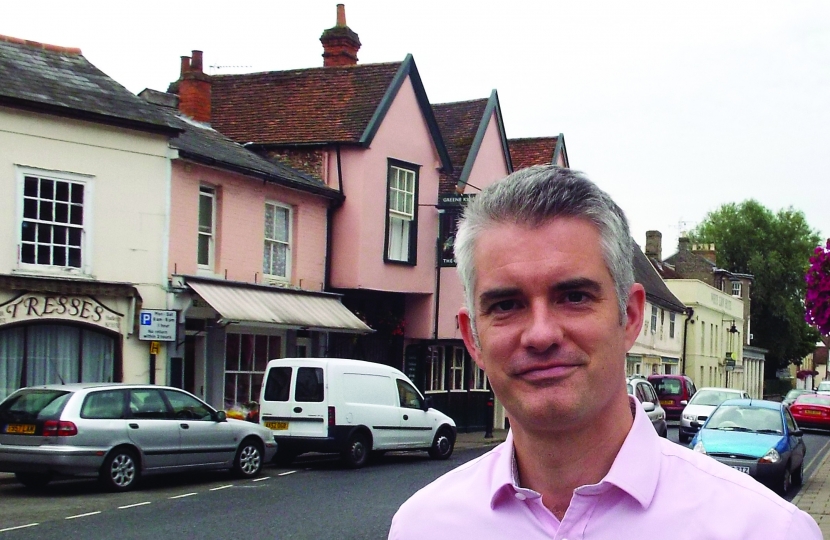
One of the biggest employers in south Suffolk says the continued lack of clarity around Brexit threatens its competitiveness, creating uncertainty around the future of 500 jobs.
Philips Avent, which runs a baby care product manufacturing plant in Lower Road, Glemsford, confirmed it is preparing for the potential worst case scenario of a ‘hard Brexit’, because of the scarcity of detail about the UK’s future trading relationship with the European Union.
Frans van Houten, CEO of Philips, which employs a total of 1,500 people in the UK, said he is “deeply concerned” about the competitiveness of its manufacturing operations in the country, which primarily focus on exports.
He explained the factory in Glemsford had already felt adverse effects from the Brexit process so far.
“Already today, our costs are negatively impacted by the volatility of the British pound,” he said in a statement.
“Moreover, for our UK exports, Philips relies on the single customs union, as well as current European Free Trade Agreements and EU product certifications.
“We estimate that the cost of the exported products will increase substantially under any scenario not maintaining the single customs union.
“We estimate the additional costs to be in the order of high-single-digits as a percentage of sales.
“This is a serious threat to the competitiveness of this factory, so we need to prepare for a broad range of scenarios, including a worst case scenario in case of a hard Brexit.”
South Suffolk MP James Cartlidge raised these concerns in Parliament on Monday, stating it would be “a massive shock” to the local economy if the site closed, and it showed why a hard Brexit must be avoided.
Mr Cartlidge said he supported Prime Minister Theresa May’s negotiation position, arguing it prioritises the job of constituents.
“Philips Avent is a really important part of our local economy – one of the largest private employers in the constituency,” he said. “So it’s obviously worrying when the CEO of the parent company warns the plant could close in the event of a hard Brexit.
“Since Theresa May announced her Chequers agreement on our negotiating stance for seeking a long-term deal, many constituents have contacted me accusing her of a ‘betrayal’.
“The inference is that we should not seek a compromise but walk away to fall back on default WTO terms.
“While it is right to prepare for a ‘no deal scenario’, I believe such an outcome would be extremely high risk economically, with almost guaranteed queues at our border, given all the agreements that currently ensure frictionless trade would fall away without a deal.
“We can avoid this fate by agreeing a deal that respects the decision of the UK people, but does so in a way that is a sensible and secure, giving us access to the EU market with minimal barriers to the movement of goods.”
Published by the Suffolk Free Press.
